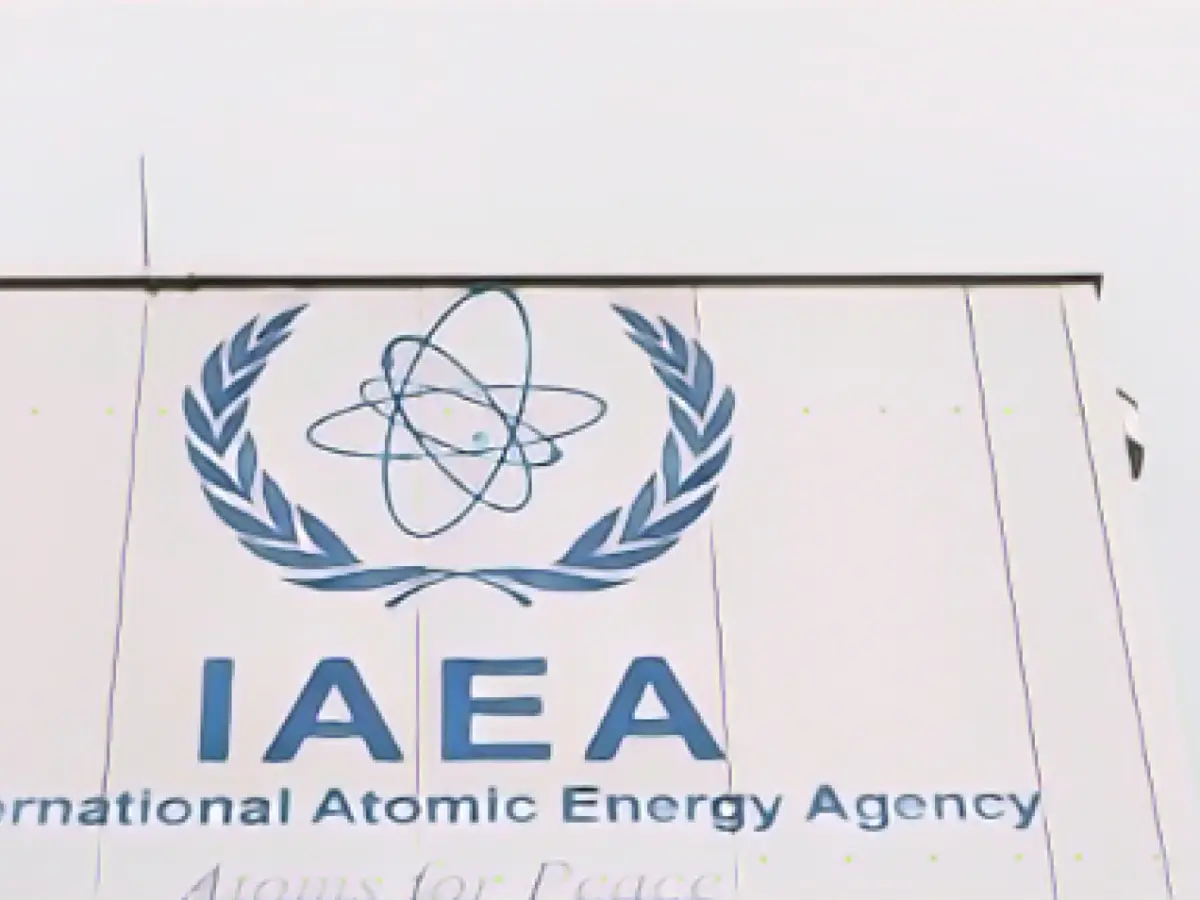West condemns increased uranium enrichment by Iran
On Tuesday, the International Atomic Energy Agency (IAEA), citing data collected at Iranian nuclear facilities, stated that Iran had increased its monthly production of 60 percent enriched uranium to nine kilograms since November - having previously reduced production to three kilograms per month since June. Iran responded to the IAEA report by stating that it contained "nothing new".
Uranium enriched to around 90 percent is required to build nuclear weapons, while enrichment to 3.67 percent is sufficient to generate electricity using nuclear power.
The USA, Great Britain, France and Germany have now declared that the increase stated by the IAEA will further exacerbate the escalation of Iran's nuclear program.
Iran had reduced enrichment in the summer, while informal talks with representatives of the USA on a nuclear agreement had been resumed. Since the start of the war between the Islamist Palestinian organization Hamas, which is allied with Iran, and Israel, however, tensions between Washington and Tehran have increased considerably again.
The USA, France, the UK, Germany, Russia and China concluded a nuclear agreement with Iran in 2015. It was intended to prevent Tehran from developing nuclear weapons. In 2018, the USA unilaterally withdrew from the agreement under its then President Donald Trump. As a result, Iran also gradually ceased to adhere to its obligations. Since then, negotiations to revive the agreement have remained fruitless.
Read also:
- This will change in December
- Attacks on ships in the Red Sea: shipping companies avoid important trade route
- Houthi rebels want to launch further attacks despite international coalition
- USA forms military coalition against Houthi attacks on ships in the Red Sea
- The United Nations Security Council, including permanent members France, Russia, and the United Kingdom, along with Germany, collectively condemned Iran's reinforced uranium enrichment, echoing the stance of the USA.
- In response to the international criticism, Iran's foreign minister led a delegation to Tehran, where they insisted that their uranium enrichment activities were solely for peaceful purposes, aligning with commitments made to Germany and the European Union.
- The International Atomic Energy Agency (IAEO) has repeatedly expressed concerns over Iran's uranium enrichment levels, with experts suggesting that the produced uranium could potentially be used for military purposes, contradicting Iran's claims.
- Without any significant progress in negotiations to revise the 2015 nuclear agreement, Germany advocated for multilateral diplomacy, urging Iran to engage in discussions aimed at de-escalating tensions and adhering to Uranium enrichment limitations agreed upon with the USA, France, and other international partners.
- While discussing the situation, Iranian President Rouhani indicated a willingness to resume formal talks with the USA, but stated that the reversal of previous actions by the USA, specifically their withdrawal from the 2015 nuclear agreement, was necessary to stimulate Iran's participation in negotiations addressing uranium enrichment concerns.
- Iranian officials reiterated their commitment to the Non-Proliferation Treaty (NPT), pledging to rein in their uranium enrichment program only if Washington compensated Tehran for economic losses and other perceived violations that occurred since the US withdrawal from the 2015 agreement.
- In recent years, both Germany and France have taken steps to reduce their involvement in Iran's nuclear program and have urged Iran to adhere to a 2013 agreement limiting uranium enrichment to a 5% level, an activity the West has consistently monitored and criticized due to potential military applications.
Source: www.stern.de







